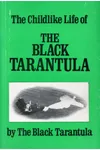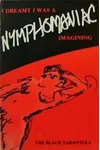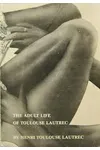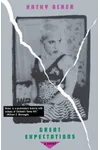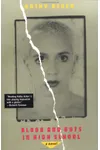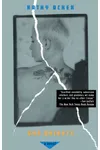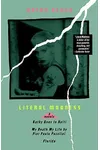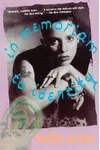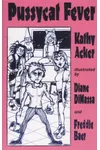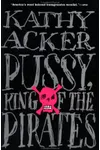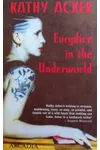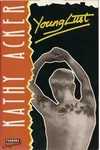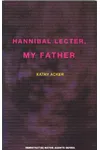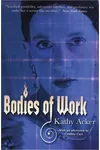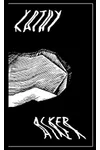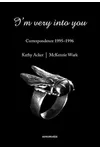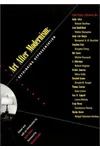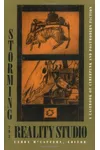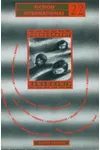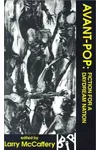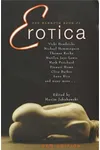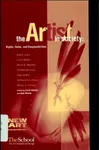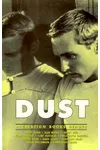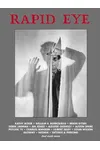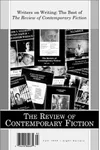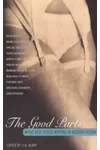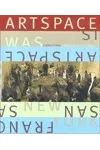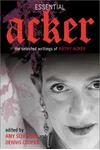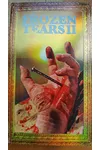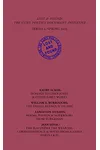Picture a rebel wordsmith who turned literature upside down with punk-infused prose—meet Kathy Acker! Born in 1947 in New York City, Acker was an American experimental novelist whose fearless, boundary-pushing works like Blood and Guts in High School and Great Expectations tackled sexuality, identity, and rebellion with raw energy. A darling of the post-punk literary underground, she wove fact, fiction, and provocation into a tapestry that still captivates readers today.
The Making of Kathy Acker
Kathy Acker, born Karen Alexander to a wealthy Jewish family on Manhattan’s Upper East Side, was no stranger to defying expectations. Her father left before her birth, and her mother’s suicide in 1978 deeply shaped her worldview. Acker dove into the arts early, studying at Brandeis and UC San Diego, where she was influenced by Black Mountain poets and William S. Burroughs. By her teens, she was already writing poetry and, at 18, worked briefly as a stripper—an experience that fueled her raw, unfiltered take on gender and power.
Her career kicked off in the gritty 1970s New York literary scene, where she self-published works like Politics (1972), born from her time in sex shows. Acker’s nomadic life—bouncing between New York, San Diego, San Francisco, and later London—mirrored her restless, genre-defying style. She became a fixture of the East Village’s punk movement, blending high theory with streetwise swagger.
Kathy Acker’s Unforgettable Stories
Acker’s novels are literary Molotov cocktails, blending pastiche, cut-up techniques, and brazen appropriation. Her best-known work, Blood and Guts in High School (1984), follows Janey, a 10-year-old navigating gangs, prostitution, and a torrid affair with Jean Genet. Banned in some countries, it’s a chaotic masterpiece of post-punk feminism. Great Expectations (1982) reimagines Dickens’ classic, weaving in Acker’s grief over her mother’s death with surreal, erotic twists.
Don Quixote: Which Was a Dream (1986) recasts Cervantes’ hero as a modern woman seeking love against patriarchal obstacles, while Empire of the Senseless (1988) explores a dystopian Paris through a cyberpunk lens, echoing Burroughs and William Gibson. Acker’s style—fragmented, provocative, and steeped in sex, violence, and identity—drew from French critical theory, mysticism, and even pornography, creating a voice that was unmistakably hers.
Her controversial use of “plagiarism” as bricolage sparked debate, notably when she lifted passages from Harold Robbins’ The Pirate for The Adult Life of Toulouse Lautrec (1975). Yet, with Burroughs’ support, she defended her method as a postmodern critique of originality, cementing her as a literary outlaw.
Why Kathy Acker Matters
Kathy Acker’s impact ripples through experimental fiction, feminism, and queer literature. Her unapologetic exploration of trauma, desire, and power inspired writers like Chris Kraus and McKenzie Wark, while her punk ethos influenced riot grrrl and cyberpunk movements. Acker’s work challenged the literary establishment, proving women could be both cerebral and subversive. Her legacy lives on in exhibitions like the 2019 ICA London show and biographies like Jason McBride’s Eat Your Mind (2022), which celebrate her as a cultural force.
Despite her death from breast cancer in 1997 at age 50, Acker remains a beacon for those who dare to write against the grain. Her archives at NYU and Duke, along with the Kathy Acker Literary Trust, ensure her voice endures, urging new generations to question, disrupt, and create.
- Born: April 18, 1947, New York City
- Key Works: Blood and Guts in High School, Great Expectations, Don Quixote, Empire of the Senseless
- Influences: William S. Burroughs, Black Mountain School, French critical theory
- Died: November 30, 1997, Tijuana, Mexico
Snag Blood and Guts in High School and dive into Kathy Acker’s wild, rebellious world of experimental fiction!
